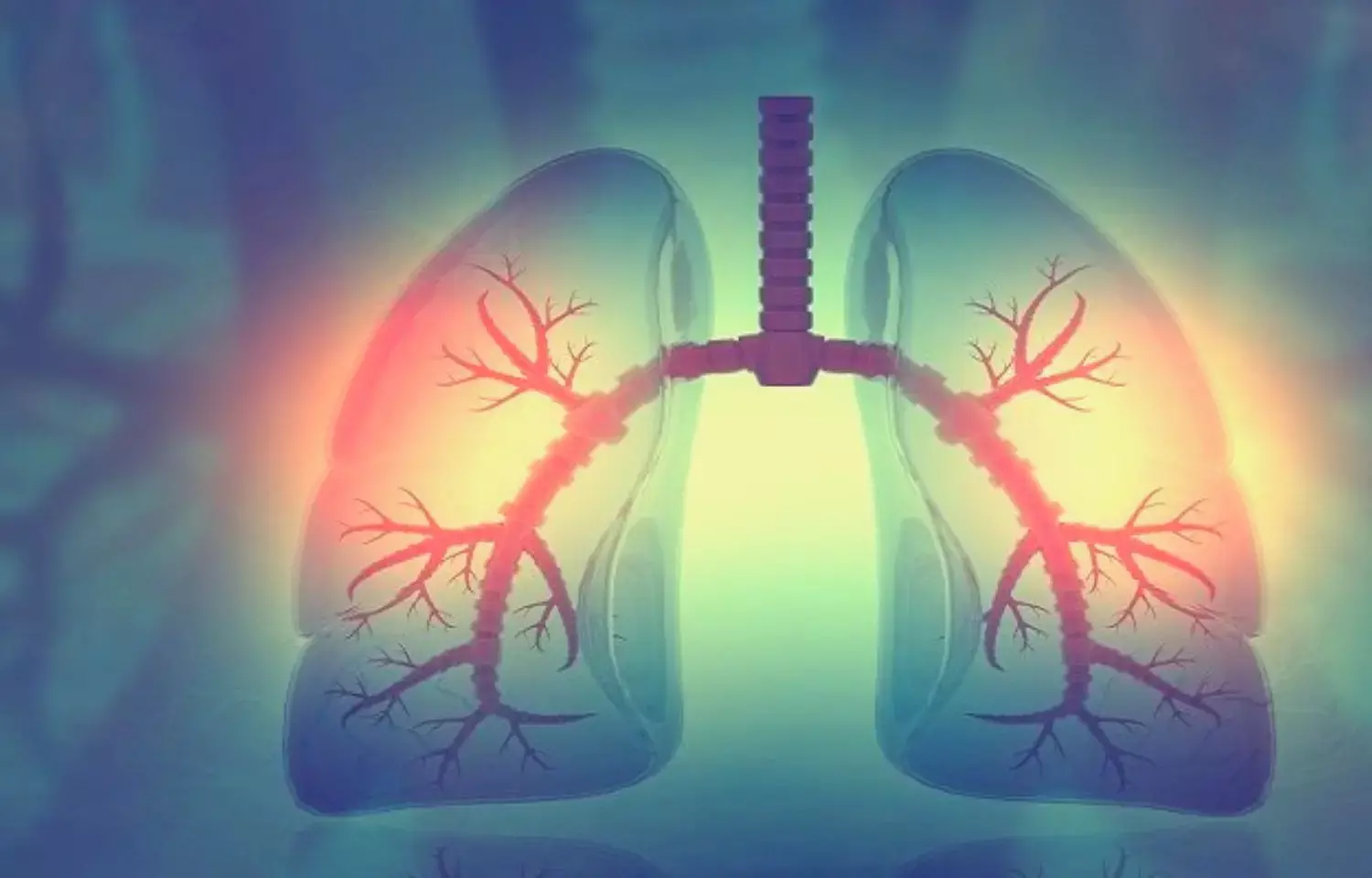- Home
- Medical news & Guidelines
- Anesthesiology
- Cardiology and CTVS
- Critical Care
- Dentistry
- Dermatology
- Diabetes and Endocrinology
- ENT
- Gastroenterology
- Medicine
- Nephrology
- Neurology
- Obstretics-Gynaecology
- Oncology
- Ophthalmology
- Orthopaedics
- Pediatrics-Neonatology
- Psychiatry
- Pulmonology
- Radiology
- Surgery
- Urology
- Laboratory Medicine
- Diet
- Nursing
- Paramedical
- Physiotherapy
- Health news
- Fact Check
- Bone Health Fact Check
- Brain Health Fact Check
- Cancer Related Fact Check
- Child Care Fact Check
- Dental and oral health fact check
- Diabetes and metabolic health fact check
- Diet and Nutrition Fact Check
- Eye and ENT Care Fact Check
- Fitness fact check
- Gut health fact check
- Heart health fact check
- Kidney health fact check
- Medical education fact check
- Men's health fact check
- Respiratory fact check
- Skin and hair care fact check
- Vaccine and Immunization fact check
- Women's health fact check
- AYUSH
- State News
- Andaman and Nicobar Islands
- Andhra Pradesh
- Arunachal Pradesh
- Assam
- Bihar
- Chandigarh
- Chattisgarh
- Dadra and Nagar Haveli
- Daman and Diu
- Delhi
- Goa
- Gujarat
- Haryana
- Himachal Pradesh
- Jammu & Kashmir
- Jharkhand
- Karnataka
- Kerala
- Ladakh
- Lakshadweep
- Madhya Pradesh
- Maharashtra
- Manipur
- Meghalaya
- Mizoram
- Nagaland
- Odisha
- Puducherry
- Punjab
- Rajasthan
- Sikkim
- Tamil Nadu
- Telangana
- Tripura
- Uttar Pradesh
- Uttrakhand
- West Bengal
- Medical Education
- Industry
Antifibrotics improve quality of life in idiopathic pulmonary fibrosis: Study

DENMARK: In terms of enhancing survival, treatment with nintedanib and pirfenidone was preferred to no antifibrotic medication, regardless of the intensity of the treatment, and a decreased dose seems like a reasonable alternative if the full amount is not tolerated, according to a study published in the Journal, Respiratory Medicine.
Idiopathic pulmonary fibrosis (IPF) is a persistent, interstitial lung disease with a high mortality rate that has no recognized cause. Two medications, nintedanib and pirfenidone, have been reported to slow the decline of Forced Vital Capacity (FVC), reduce acute exacerbations, and reduce hospitalization for respiratory events in recent years. Nevertheless, outside of pooled meta-analyses, no study has conclusively shown an impact on mortality. The effects of reducing the amount of an antifibrotic medication are unclear, yet many patients have their dosage reduced or their treatment stopped altogether due to negative effects.
The effect of antifibrotic therapy reduction on death in a significant real-life IPF cohort was retrospectively examined by the authors. From April 2016 to November 2021, 375 patients from the Danish PFBIO-cohort were monitored, with a median follow-up time of 1.84 years. Time until death from any cause was the analysis's main outcome. Based on treatment intensity (full, decreased, or no treatment), and the antifibrotic medication type (pirfenidone or nintedanib), five patient groups were established. Utilizing Cox proportional hazards analysis with baseline adjustments for age, sex, smoking status, and lung function, between group survival was compared.
Key findings of the research:
- When taking into account the complete follow-up period, patients receiving nintedanib and pirfenidone had decreased therapy in proportions of 80.19% and 67.42%, respectively.
- Regardless of the level of treatment intensity, nintedanib and pirfenidone medication was linked to enhanced survival compared to no antifibrotic treatment (nintedanib: HR: 0.31, 95%-CI: 0.19-0.53, p <0.001 & pirfenidone: HR: 0.26, 95%-CI: 0.16-0.42, p< 0.001).
- Lower doses of nintedanib and pirfenidone were not linked to inferior survival results.
"To lessen the adverse effects brought on by a full dosage regimen of antifibrotic medication, a sizable portion of individuals with IPF undergo decreased antifibrotic therapy," the researchers stated.
Antifibrotics appear to be more effective in prolonging survival in IPF. Additionally, even after IPF medication is reduced, antifibrotics continue to provide survival benefits, they concluded.
REFERENCE
Simon Porse, Nils Hoyer, Saher B. Shaker. Impact of reduction in antifibrotic treatment on mortality in idiopathic pulmonary fibrosis. Respiratory medicine.Published:October 24, 2022DOI: https://doi.org/10.1016/j.rmed.2022.107015
Dr Kamal Kant Kohli-MBBS, DTCD- a chest specialist with more than 30 years of practice and a flair for writing clinical articles, Dr Kamal Kant Kohli joined Medical Dialogues as a Chief Editor of Medical News. Besides writing articles, as an editor, he proofreads and verifies all the medical content published on Medical Dialogues including those coming from journals, studies,medical conferences,guidelines etc. Email: drkohli@medicaldialogues.in. Contact no. 011-43720751


